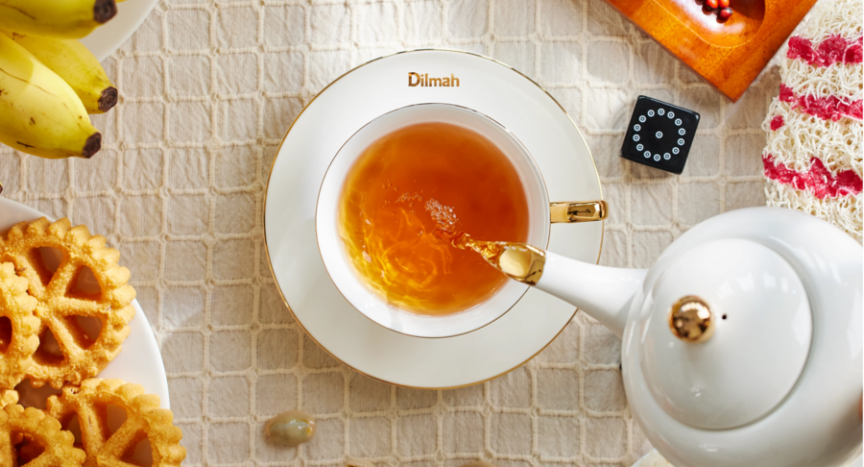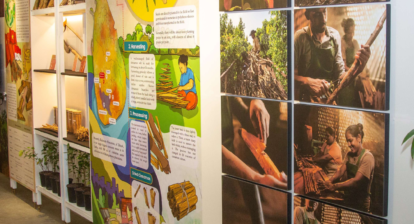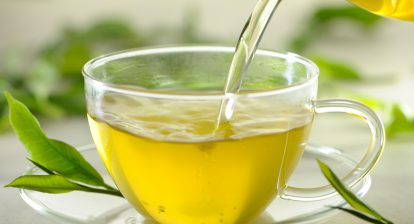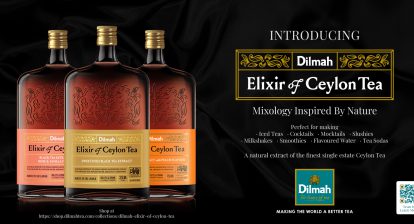Avurudu (Puththandu in Tamil), the Sinhalese and Tamil New Year that is usually celebrated around the 13th and 14th of April, is one of the biggest festivals on the Sri Lankan calendar. While primarily celebrated by the Sinhalese Buddhist and Tamil Hindu communities, it is quite the norm for most Sri Lankans around the globe to join in the festivities. Even those who don’t follow the traditions of the festival partake in the fun and games, and most certainly enjoy the sweet treats of the season.
In an astrological sense, Avurudu is the movement of the sun from the House of Pisces (Meena Rashiya) to the House of Aries (Mesha Rashiya). It also marks the end of the harvest season and of spring. The intermediary ‘neutral’ period, referred to as nonagathe in Sinhala, is somewhat of a ‘dead’ phase where people refrain from doing anything of significance.
In a traditional sense, Avurudu is all about new beginnings, with most Buddhists and Hindus following strict auspicious times calculated by astrologers to celebrate the dawn of the new year, light the traditional oil lamp, boil milk, cook kiribath (milk rice), bathe, have their first meal, commence work in the new year, and so on. It’s a time to pursue new hopes and dreams, and to amend and make peace with anything that might have not gone too well in the old year.
In a cultural sense, Avurudu is a time that brings all Sri Lankans of every race and religion together. Often, those who live away from their ancestral or parental homes return home to spend time with their family and friends. At these gatherings, old and young ones alike participate in various traditional Avurudu games that range from tug-of-war to sack races, kotta pora, pinning the eye on the elephant, lime-and-spoon races, bun-eating competitions and so much more. The implications of these activities go beyond simply having fun, for they nurture unity and relationships, giving everyone something to look forward to enjoying with one another.
No celebration is complete without good food, and Sri Lankans certainly have a habit of going all-out to lay a spread of special (and indulgent) specialities that everyone instantly craves when they think of Avurudu. There’s the brand ambassador-like, unmissable trio of kavum, kokis and mung kavum, the pop-in-your-mouth-any-time milk toffee, coconut rock, semolina toffee and kiri aluwa, the demurely satisfying halapa and aggala, and the delightfully messy aasmi.
The great news is that t-Lounge by Dilmah in Colombo is dishing out all these sweet treats this Avurudu season – as a Mini Kevili Plate of kavum, kokis and mung kavum to enjoy at any of the three outlets (Horton Place, Chatham Street, One Galle Face Mall), or in the form of Handy (Hurubuhuti) or Large (Dewantha) Kevili Hampers that contain all (yes, ALL) of the above-mentioned Avurudu treats. The hampers are great to serve at home or to gift, and need to be pre-ordered.
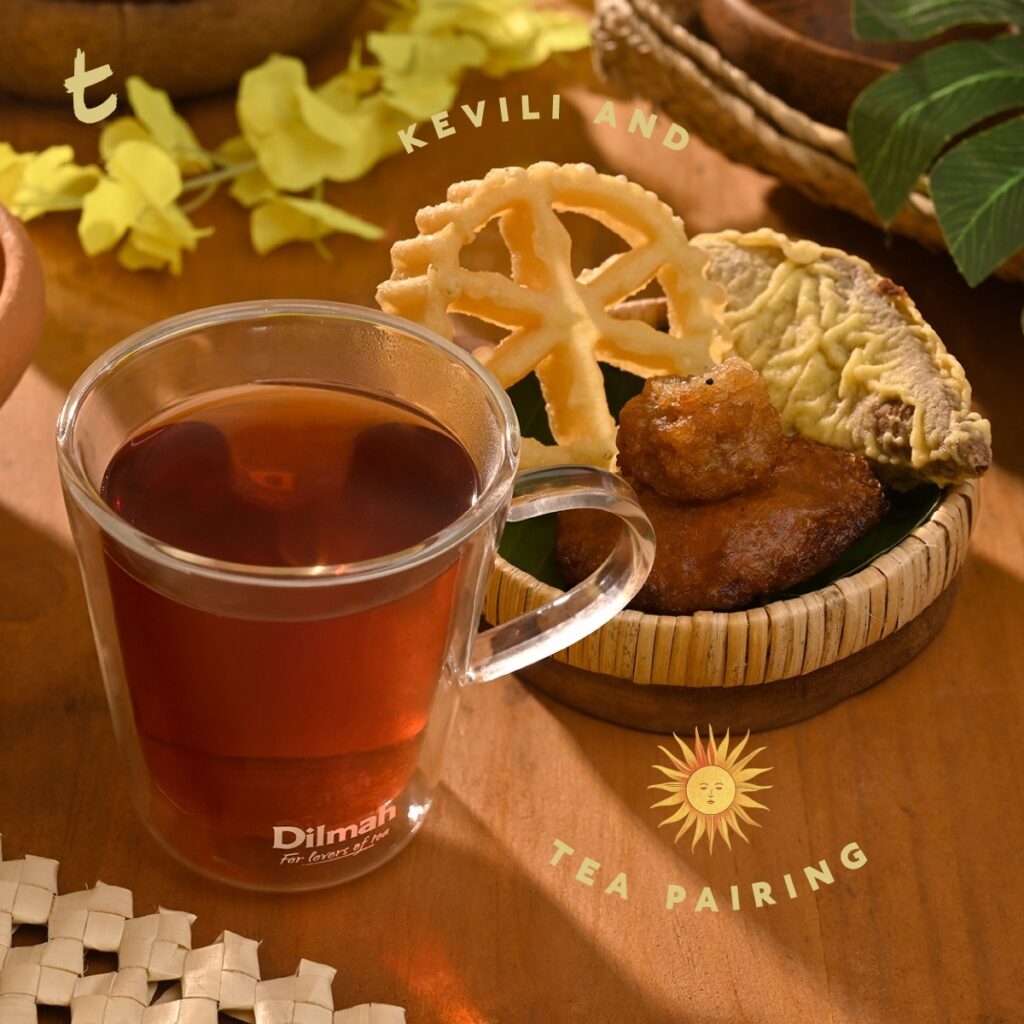
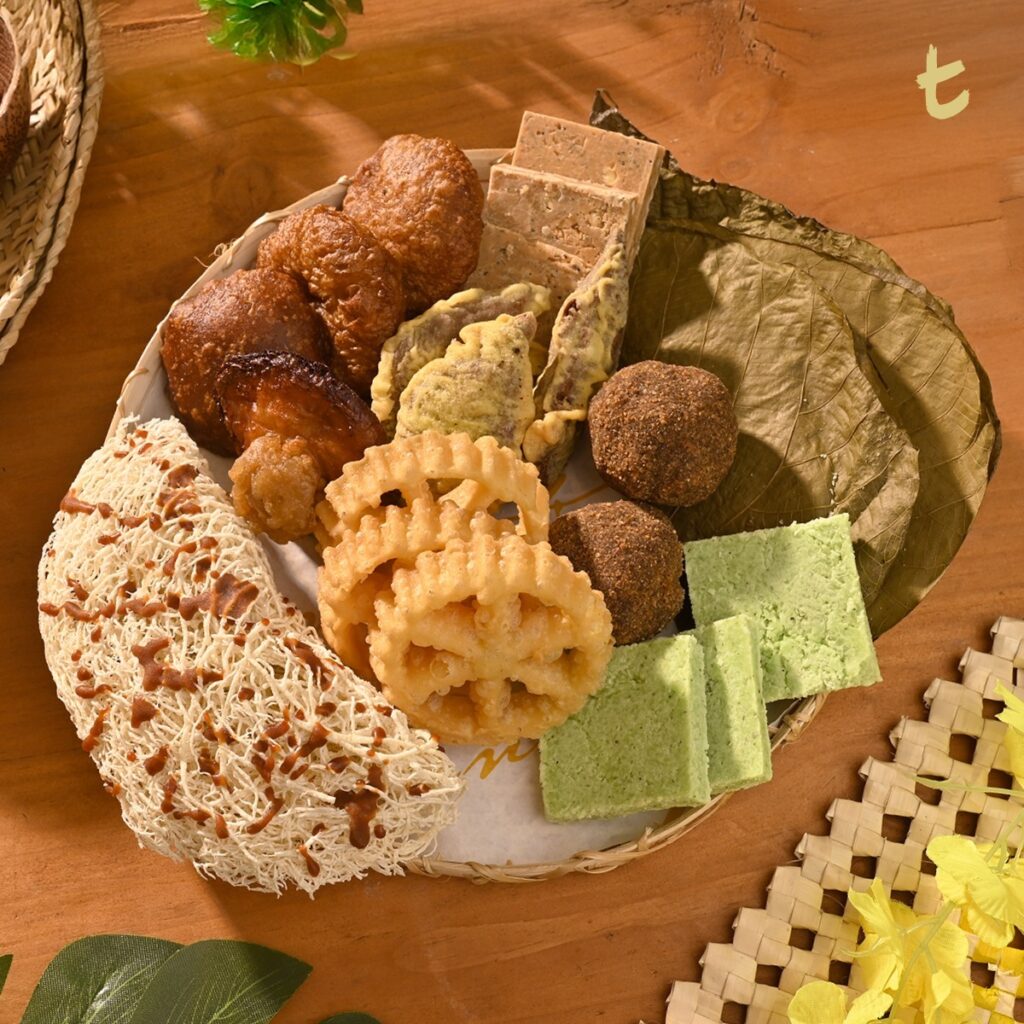
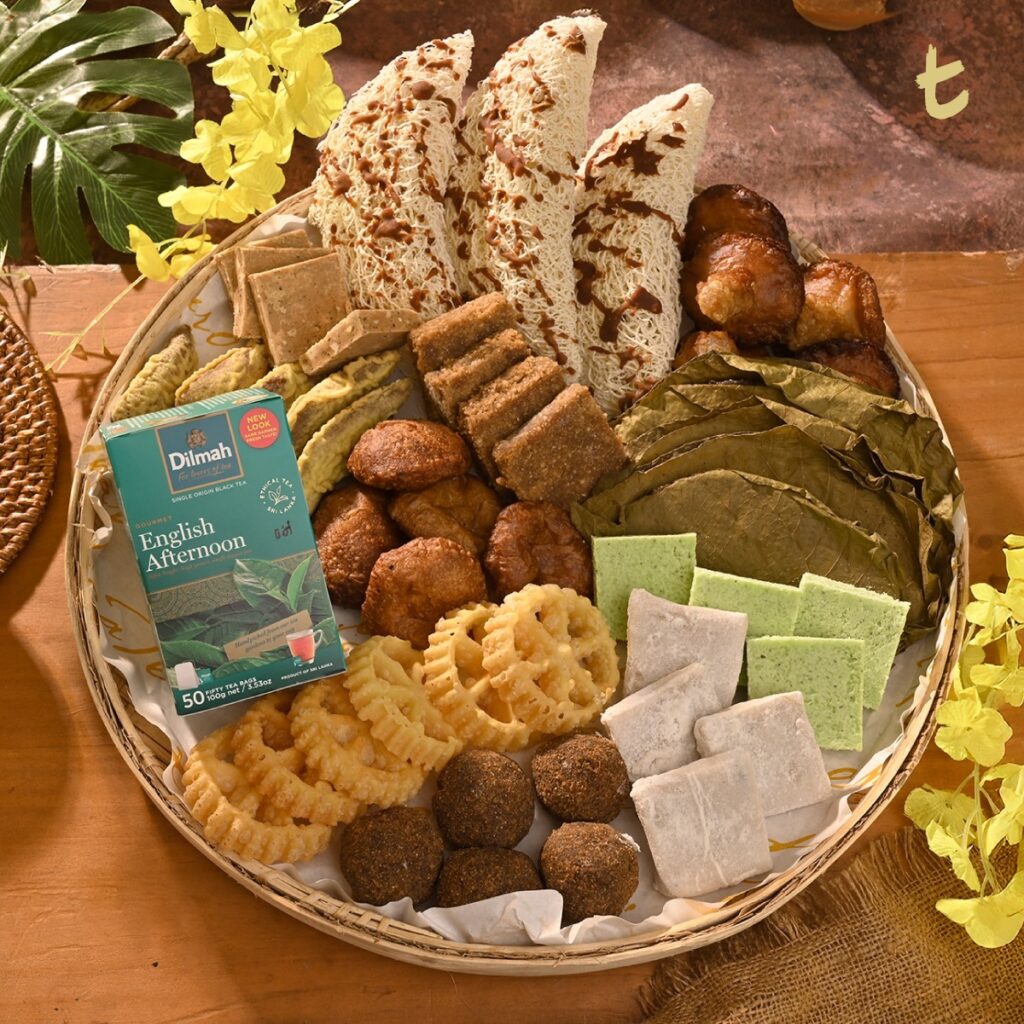
Apart from these, t-Lounge by Dilmah has also got a few Avurudu-themed 1kg and bento cakes that are equally great to serve or to gift. Check out @teatimerocks on Instagram to make your pick!
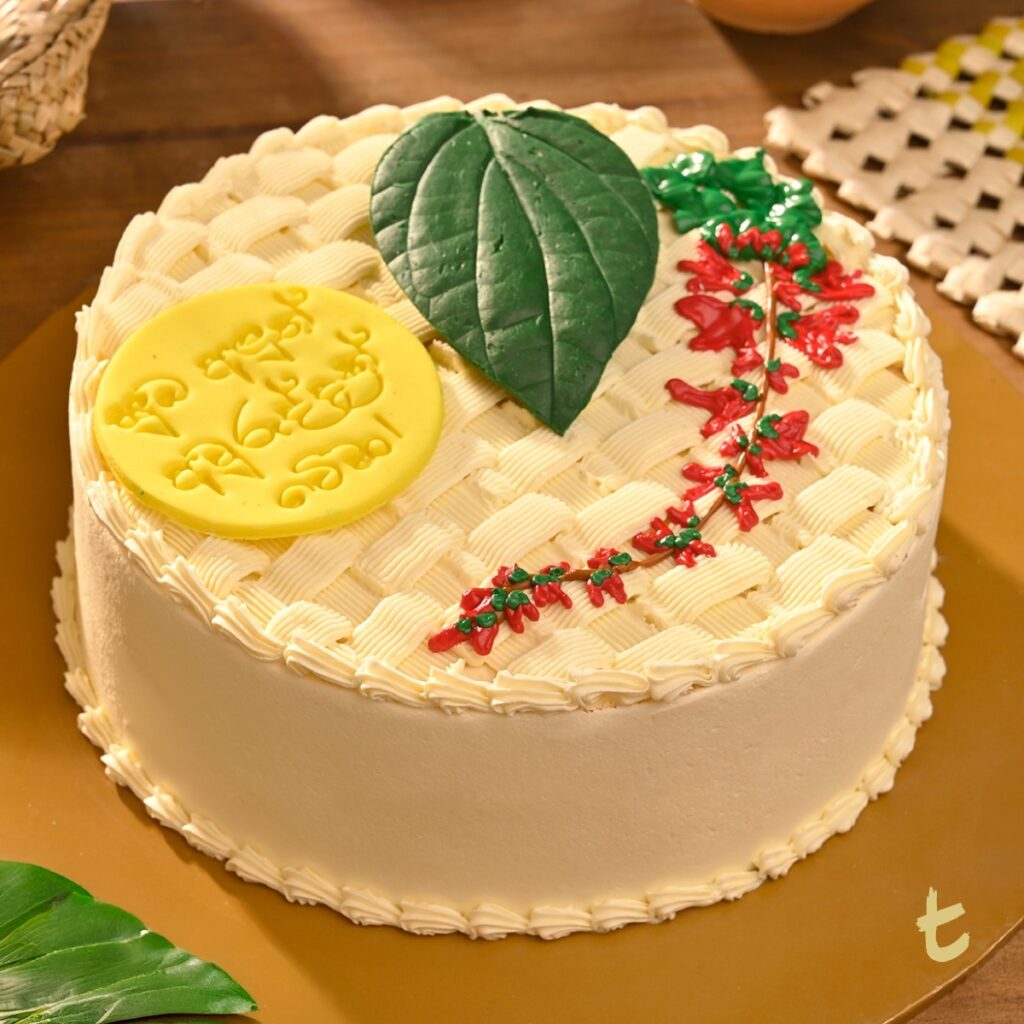
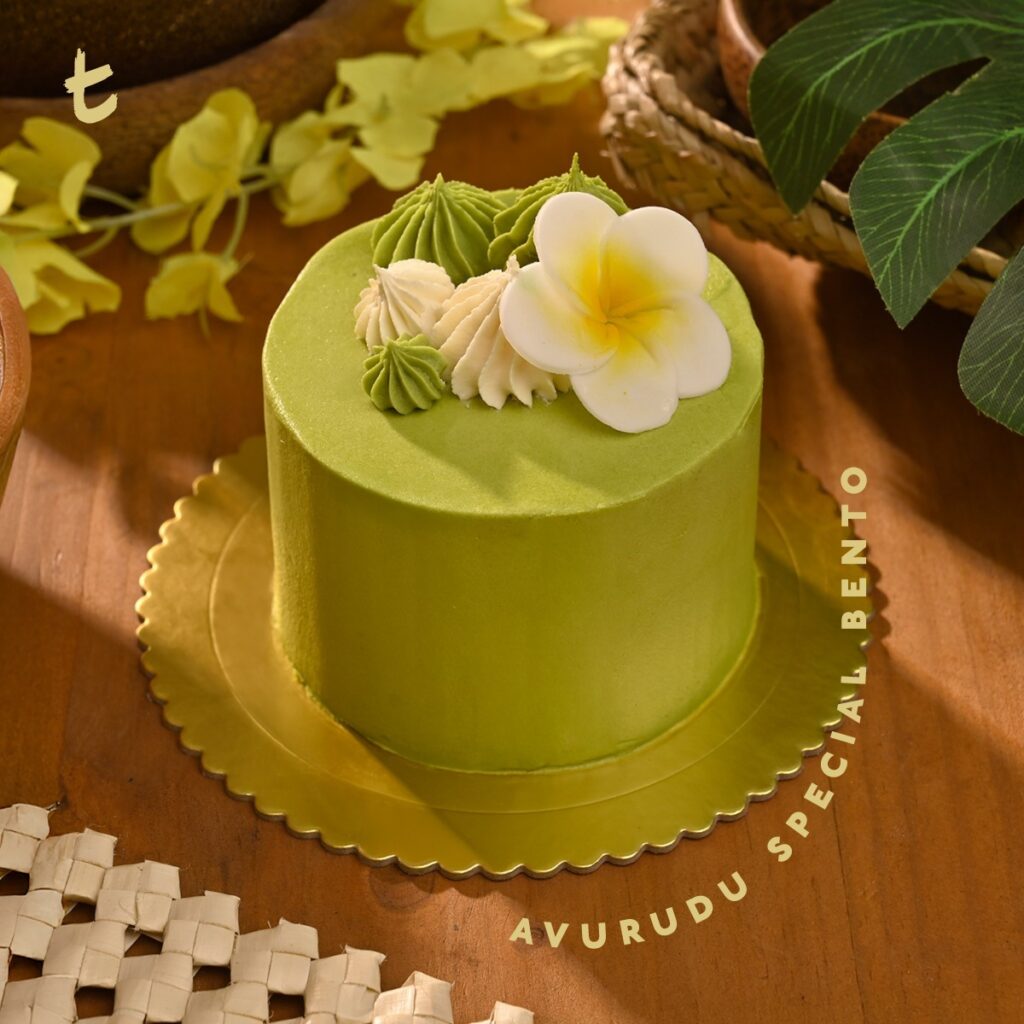
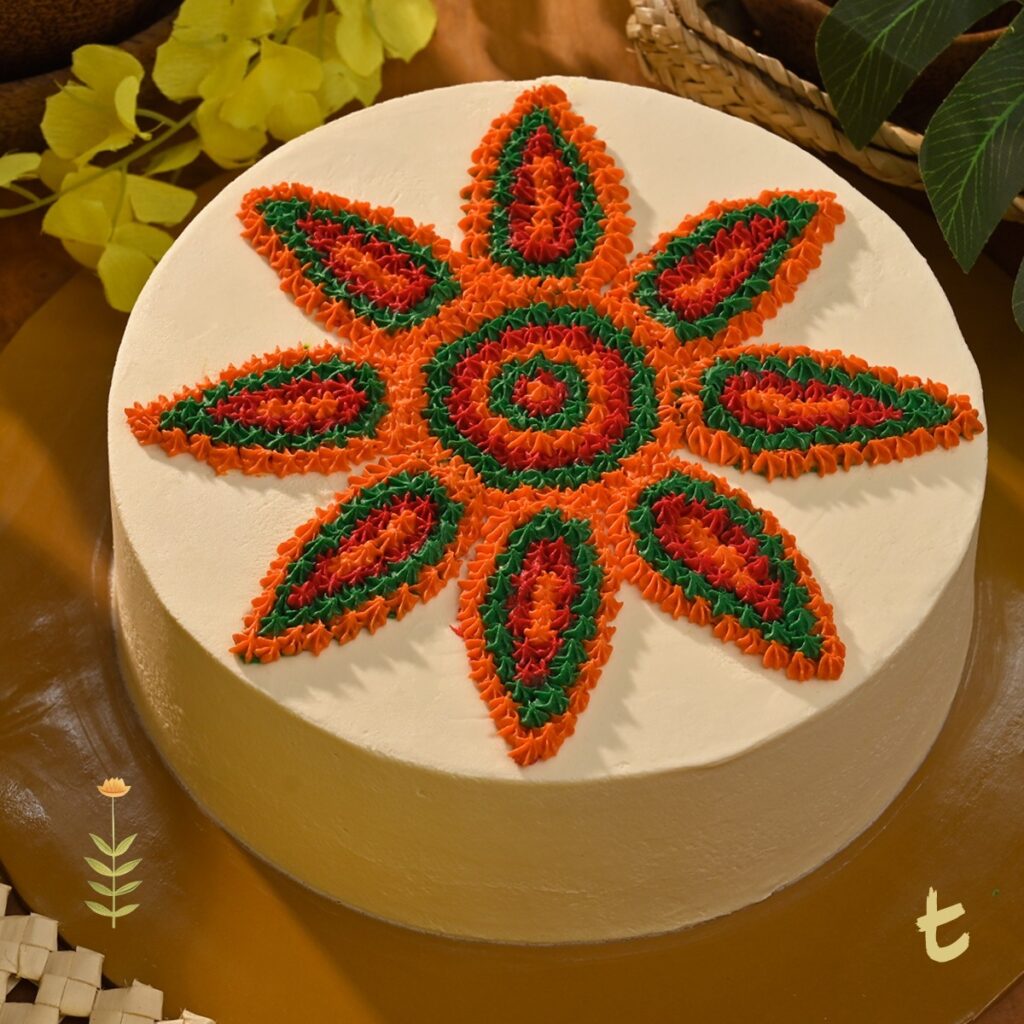
Of course, at Dilmah, no festivity would be complete without Ceylon’s finest tea. So, we’ve designed the most beautiful and intricate wooden box, inspired by traditional Sri Lankan woodwork, that we think would make the perfect gift for absolutely anyone this Avurudu season. It’s called the ‘Sri Lankan Woodcraft-inspired Dilmah 6-Slot Gift of Tea’ and can ideally hold six varieties of your favourite Dilmah teas and infusions. This, too, can be purchased exclusively at any of the above three t-Lounge by Dilmah outlets.
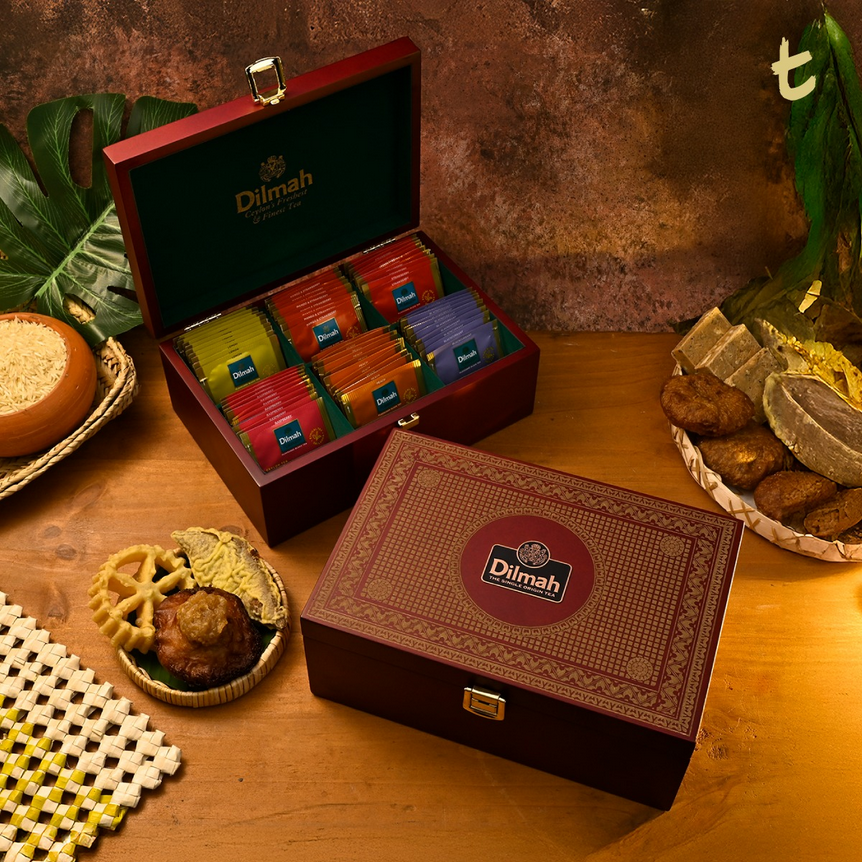
On that note, we would like to wish all of our community – our extended Dilmah global family and friends – a happy and prosperous Sinhalese and Tamil New Year!
සුබ අලුත් අවුරුද්දක් වේවා! புத்தாண்டு வாழ்த்துகள்!

